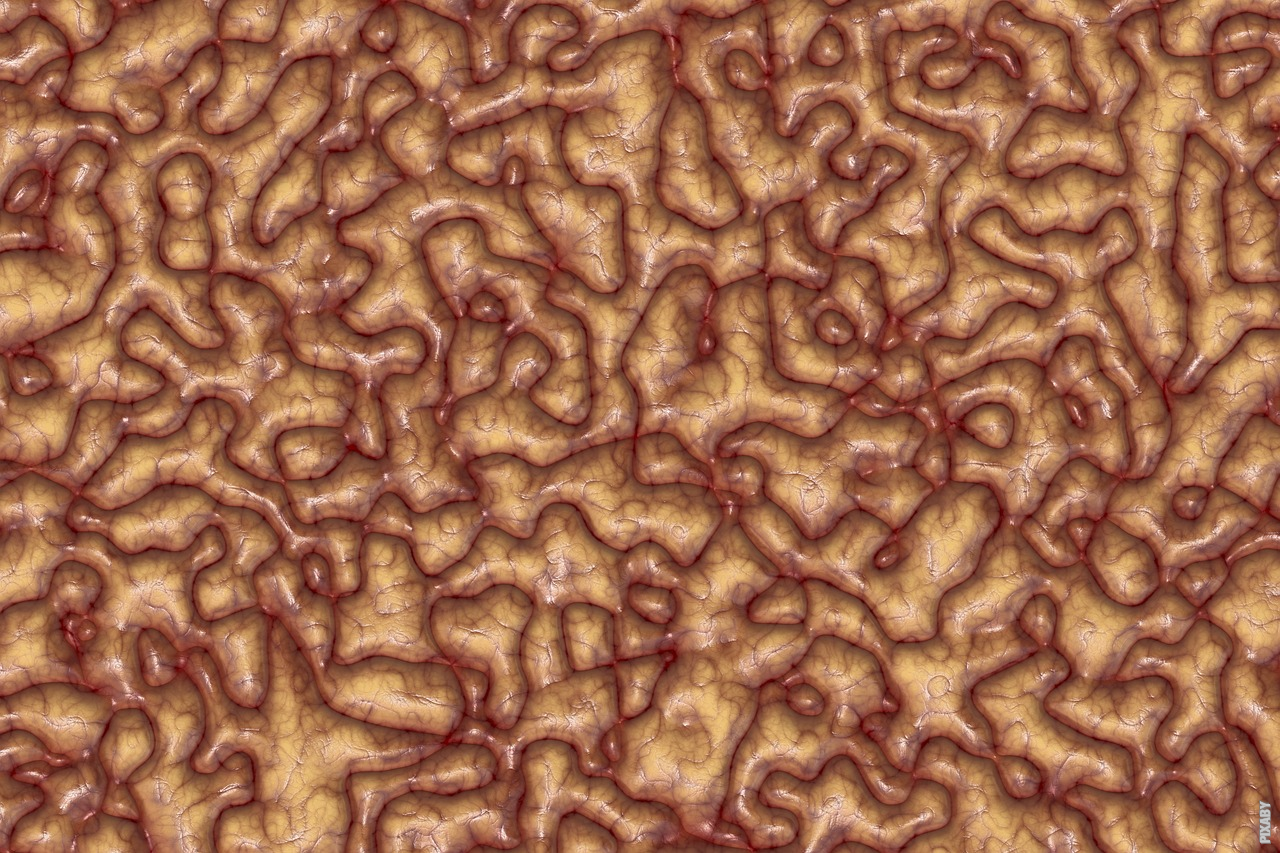The Fascinating World of Matter
Have you ever wondered what makes up everything around us? From the towering mountains to the tiniest grains of sand, everything we see, touch, and feel is made up of matter. Matter is the building block of our universe, and its exploration has captivated scientists for centuries.
The Nature of Matter
At its core, matter is anything that has mass and occupies space. It can exist in various forms, such as solids, liquids, or gases. But what exactly is matter made of? To delve into this question, we must journey to the microscopic world.
Atoms: The Tiniest Building Blocks
If we were to zoom in on any object, we would eventually reach its smallest unit, the atom. Atoms are the fundamental particles that make up matter. They consist of even smaller particles, called protons, neutrons, and electrons. These subatomic particles interact to form the diverse array of matter we observe.
States of Matter
Matter can exist in three primary states: solid, liquid, and gas. In the solid state, particles are closely packed and vibrate in fixed positions. Solids have a definite shape and volume. Liquids, on the other hand, have particles that are loosely packed and can move freely. They take the shape of their container but maintain a fixed volume. In the gaseous state, particles are far apart and move randomly. Gases have neither a definite shape nor volume.
Substances and Mixtures
Matter can also be classified as substances or mixtures. Substances are pure forms of matter that cannot be separated by physical means. They have definite composition and properties. Mixtures, on the other hand, are combinations of two or more substances. They can be separated into their individual components through physical processes.
Post
Post
The Importance of Matter
Matter is not only crucial for understanding the world around us, but it also plays a vital role in various scientific disciplines. Chemists study the properties and interactions of different types of matter, while physicists explore the fundamental forces that govern matter’s behavior. Additionally, biologists investigate the intricate matter-based structures within living organisms.
The Limitless Possibilities
The study of matter has led to remarkable discoveries and technological advancements. From the development of life-saving medications to the exploration of distant galaxies, our understanding of matter continues to push the boundaries of human knowledge. As we unlock the mysteries of matter, we gain a deeper appreciation for the astonishing complexity and interconnectedness of the universe.
Conclusion
Matter is the foundation of our existence, shaping the world we inhabit. Its exploration reveals the inner workings of our universe and fuels our curiosity for discovery. So, the next time you marvel at the wonders of nature, remember that everything you see is composed of the extraordinary substance we call matter.



